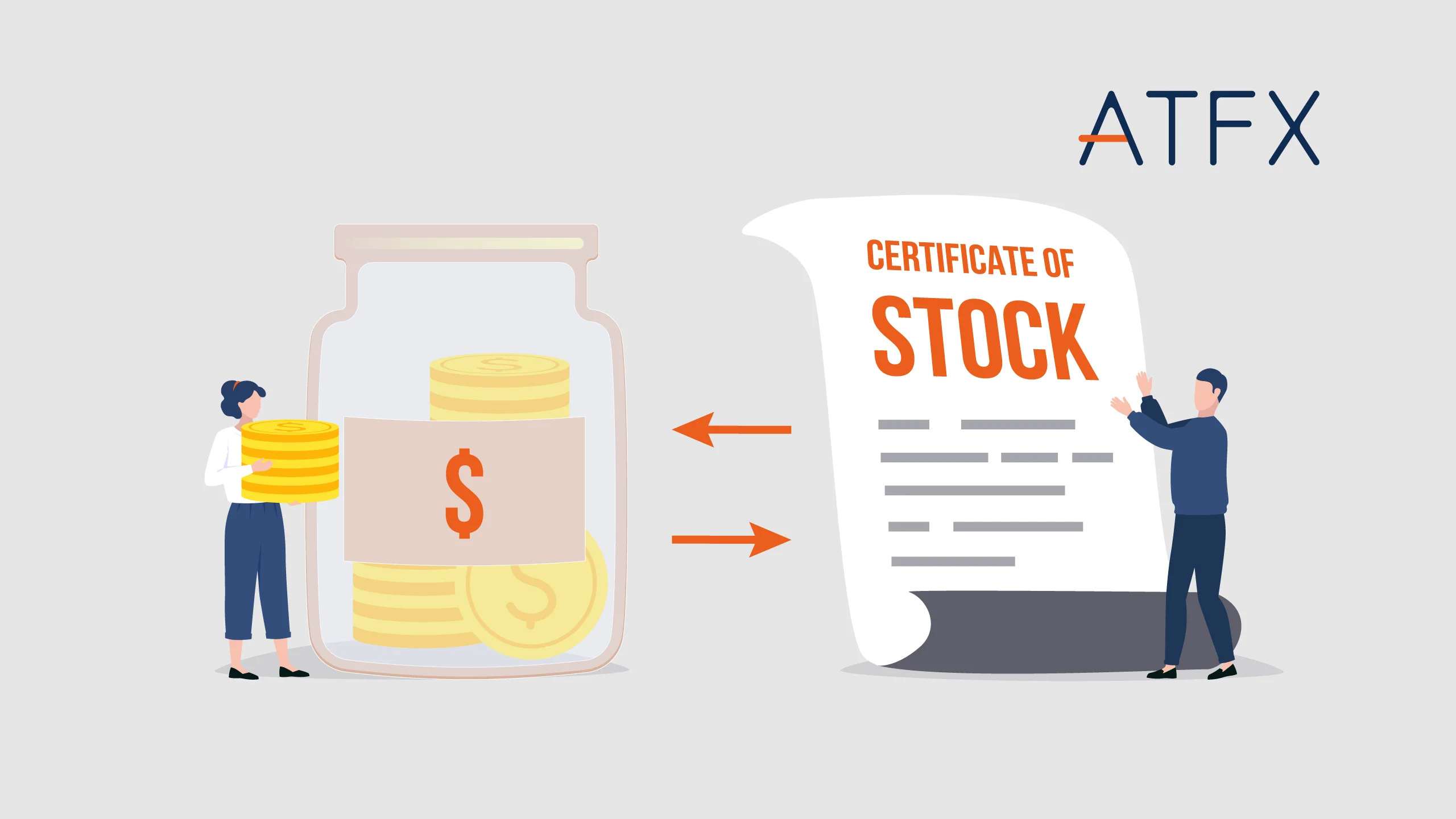The stock market is quite different from the foreign exchange market. The stock market has thousands of stocks, while the foreign exchange market has only a limited number of currencies. When trading the Forex markets, traders only need to pay attention to the most liquid currency pairs, such as EURUSD, GBPUSD, USDJPY, etc., without setting up a complicated screening mechanism.
Due to the large number of stocks available, it is almost impossible for traders to include all the individual stocks in their selection, so it is imperative to improve their screening knowledge before entering the stock market. Another reason is that the Forex markets have high leverage, which is suitable for short-term trading. Hence, traders only need to pay attention to the technical trends of the currency pairs.
However, in the stock market, there is a minimal mechanism for leveraged trading. Even US stocks only allow limited leverage of 2 times. Therefore, the stock market is naturally suitable for medium and long-term trading. Investors cannot thrive by only pay attention to the technical aspects since they need to understand the fundamental performance of the selected stocks.
Here’s how to pick stocks:
1. Choose the industry you are most familiar with or most interested in
Using simple classification methods, all companies in the world can be divided into the primary industry (agriculture), secondary industry (manufacturing), and tertiary industry (service industry). However, we cannot apply such a broad classification to actual investments because hundreds of stocks are under each category. We need to classify the industry in more detail.
Suppose you are part of the ground staff at an airport. In that case, you may have a much deeper understanding of the aviation industry than ordinary people, which implies that aerospace stocks may be the most suitable for you. If you are a bank employee, it is evident that you may have a deep understanding of the banking industry compared to other people; hence, banking stocks may be the most suitable for you. If you are an Internet practitioner, then e-commerce stocks may be the most ideal for you. However, many people are operating in specific industries, but they lack in-depth knowledge of their industry. In such cases, you need to find the industry you are most interested in and do in-depth research.
2. Select individual stocks and study the industry financial reports
After identifying an industry, you need to shift your attention to individual stocks, which is the key to stock selection. According to the principles of value investing, you need to conduct a comprehensive financial analysis of the listed companies you intend to trade. For beginners, you can look for free trading education online to get more information regarding the stock market.
Institutional investors must go deep into the listed company via a visit to understand its internal governance structures and employee status and then create a comprehensive evaluation of the firm. The most important aspect is how the company’s products are liked and used by consumers.
This is like choosing a restaurant for dinner in the evening. Past diners’ reviews could help you determine which restaurant is on the “must-eat list” and those you should avoid. The product always comes first; as long as the product is good enough, then you should turn your attention to the company’s financial statements.
Conversely, if a listed company’s products are substandard, no matter how great its financial statements are, there is a high chance it will not be successful long-term. A successful company must have a great product.
3. Spot the right time to invest and to take profits 
Under normal circumstances, the products made by industry leaders are usually the best, but industry leaders also tend to be reluctant to change because of their monopoly position. After selecting a few stocks, don’t rush to buy because you will often find that stocks are overvalued. Research some trading strategies and spot the right time to make your investment decision.
In addition, investors should continue to track market news, focus on major influential events in the industry, and carefully analyse the economic cycle the industry is in. It’s always a great time to buy stocks when an industry is in a downturn, and the cycle is at the bottom.
For example, investment opportunities in the crude oil sector appeared when the pandemic was most severe from March to May 2020. At that time, there were extreme conditions marked by negative oil prices, and few people had enough psychological determination to buy stocks of listed crude oil companies.
Download Metatrader 4 account or set up a demo trading account to start trading now!


